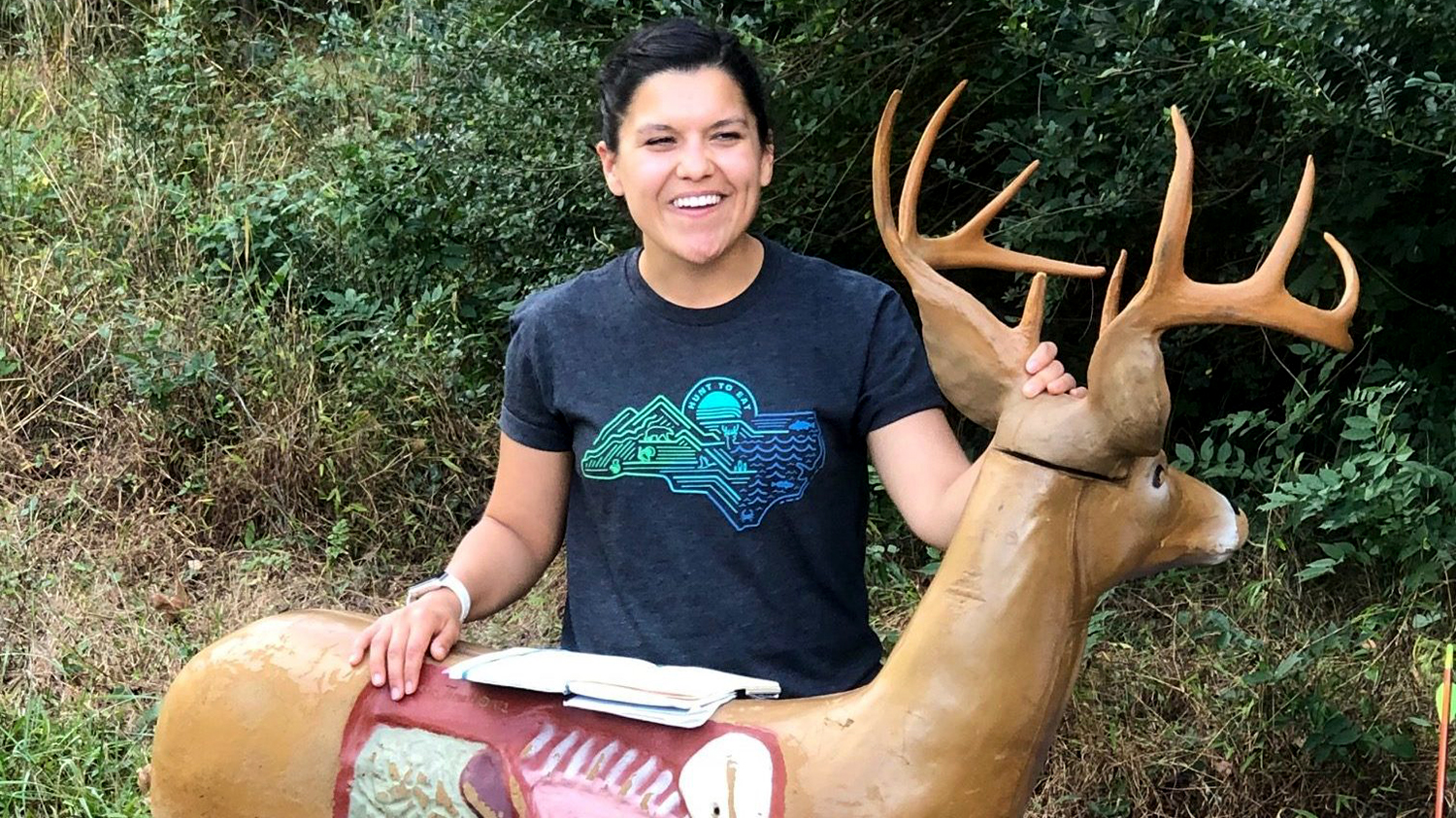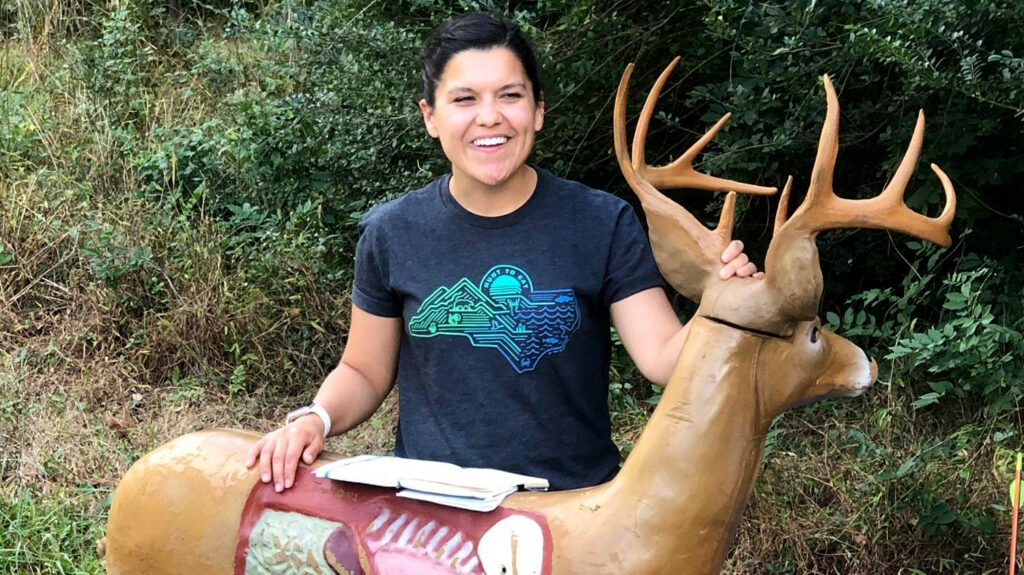PRTM Co-Hosts Workshop: Getting Started Outdoors: Hunting 101

In late October, PRTM Assistant Professor Lincoln Larson and graduate student Torey Vayer co-hosted (with staff from the NC Wildlife Resources Commission and other conservation partners) a “Getting Started Outdoors: Hunting 101” workshop at the Lee County Wildlife Club. The workshop was offered to NC State students interested in learning more about hunting and was well attended by students across many different colleges. The workshop gave students an opportunity to learn about topics such as the connections between hunting and wildlife conservation, game meat processing and preparation, tracking and scouting in the outdoors, shooting and firearm safety.

The workshop was part of a larger project supported by the U.S. Fish & Wildlife Service and the Association of Fish & Wildlife Agencies designed to examine the promise and potential impacts of hunter recruitment, retention, and reactivation (R3) efforts targeting college students. In addition to the R3 workshops for college students, other anticipated outcomes of the program are A Practitioner’s Guide, academic products, and workshops that will help wildlife agency professionals, educators, and researchers understand and connect with young adult audiences.
Led by PRTM researchers, the project is working with government and university partners across 22 states to address the national decline in hunters during recent decades, which is a major concern for state wildlife agencies whose budgets rely heavily on contributions from hunters and anglers.
Assistant Professor Larson has found in his research on connections between people and nature, that demographic and cultural trends are reshaping the modern landscape for hunting and other outdoor recreation activities. For wildlife managers and outdoor advocates, these shifts are raising questions about who will pay for conservation in the future.
The NC Wildlife Resources Commission is offering a mentored hunt in November for workshop attendees interested in following up with an authentic hunting experience. Even for those who choose not to hunt, the event provided an opportunity to learn more about the ecological, economic, cultural, and health-related benefits of hunting and how it impacts conservation and society.
- Categories: